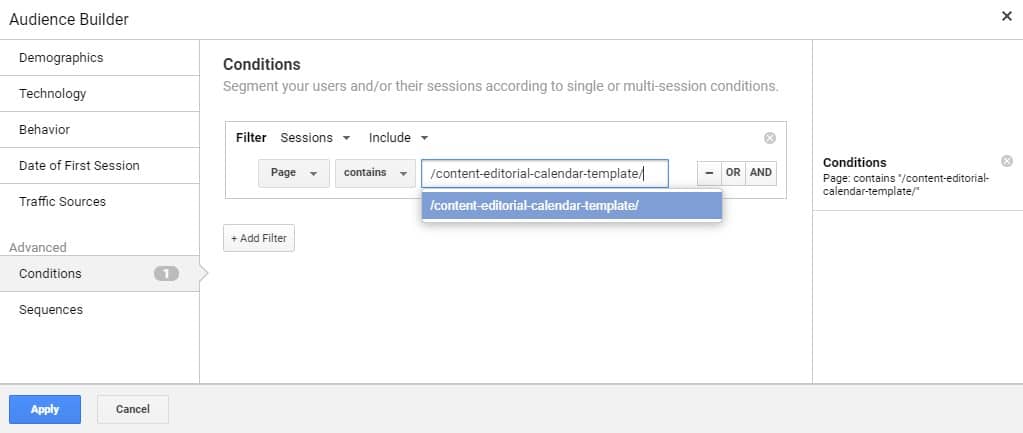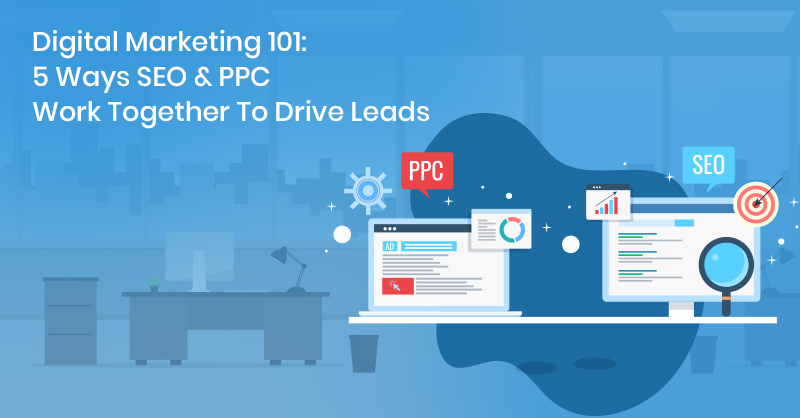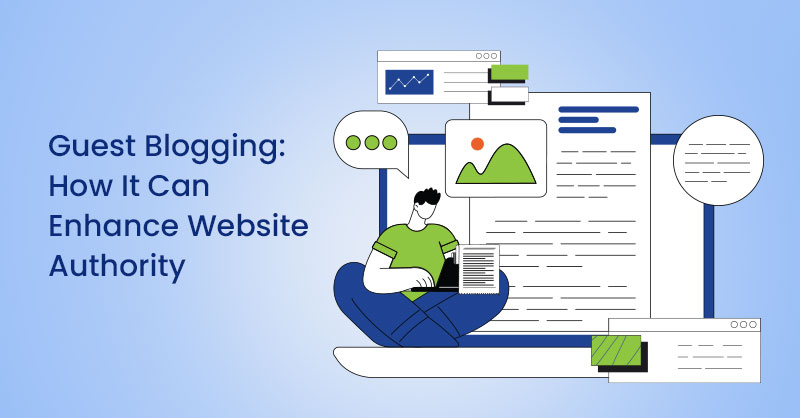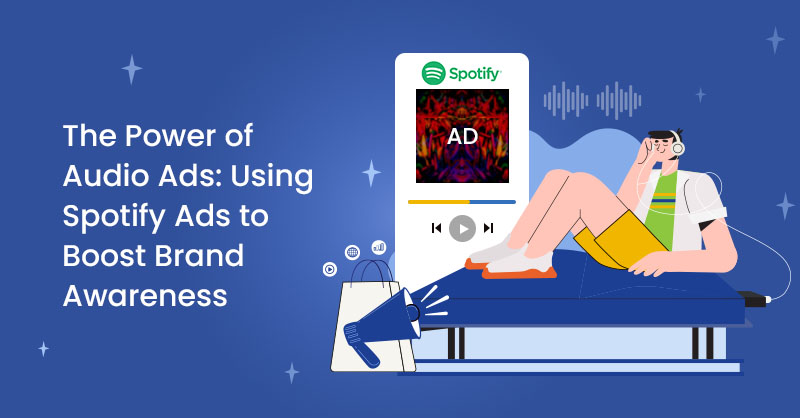Whether you started your own business or you’re in charge of a more prominent company's marketing budget, you’re going to need to spend your budget to market your business wisely.
As digital marketing continues to grow, more marketing services are available so it may challenge you to do your homework in deciding what marketing strategies will work best.
At TechWyse, our core services in which we help businesses generate leads come from PPC (Pay Per Click) and SEO (Search Engine Optimization).
SEO is the ability to display your website on a SERP (Search Engine Results Page) without having to pay when a user clicks your website URL.
PPC involves paying for your position on the first page of a SERP and being charged a specific amount each time a user clicks on your ad. Both marketing campaigns tend to have different strategies for optimal performance, but in many ways, are very similar.
You may find yourself with a limited marketing budget, and asking yourself, “should I run PPC or SEO campaigns?” Well, the answer is both!
If you want the greatest ROI (Return on Investment) for your business, and the most leads possible, you should be running both SEO and PPC. As you use both SEO and PPC, they will work together to deliver you the best and most qualified leads for your business.
Wondering why? Let’s get into a few reasons how both work well together to help pick up performance and drive more leads.
1. More Data For Better Decision-Making
Running either SEO or PPC is going to give you some valuable data to help you increase the performance of your website and marketing campaigns. Whether it’s organic traffic to your website or visits coming from paid ads. Traffic from either of the two sources will help determine statistics such as:
- Clickthrough Rates
- Bounce Rate
- Time On Site
- Average Page Views
- Conversion Rate
This data can provide you with the ability to make smarter decisions for your marketing campaigns. Information such as average time on site, or conversion rate help identify where your website needs to be more conversion-friendly.
This information can guide you on what you need to optimize on your website to allow visitors to convert easier — this could be adding a button, changing a button’s colour, or moving a form higher up the page. These, as well as other optimizations, will help increase the possibility of converting the traffic that comes to your website from both SEO and PPC campaigns.
2. Valuable Source of Keyword Data and Information
Both marketing campaigns serve as excellent tools for insightful keyword research. During setup for either a PPC or SEO campaign, executing keyword mapping during the initial SEO setup will help aid PPC teams when researching the ad keywords to bid on.
This works both ways. Using tools such as Google Ads Keyword Planner to discover keywords with high search volumes can give your SEO team some insight on what keywords your pages should target based on search volumes, competitiveness, and even the CPC you might save from having someone visit organically instead of through an ad.
Google Ads will enable your team to run a search terms report. This PPC strategy is very effective for SEO. A search terms report is valuable as it helps the SEO and PPC team know what user searches are converting to leads. Having this data will complement the SEO team. They can shift their strategy to include those search terms in the page content.
Organically ranking for the search terms that are converting on PPC campaigns will help drive quality leads to your website that have a high success rate of converting while also saving your marketing budget.
3. Using Organic Traffic To Build Effective Remarketing Campaigns
There is often a difference in users that are generated from an SEO campaign versus PPC. Often, you may see PPC leads further along the marketing funnel, and perhaps closer to a “consideration” or “purchase” stage, whereas a good source of SEO traffic can only be in the “awareness” stage of the marketing funnel.
However, running SEO and PPC in conjunction can serve as an excellent marketing tactic to push those leads that are in the awareness stage to the purchase stage of the marketing funnel.
You can target the organic traffic your SEO team generated but did not convert with remarketing campaigns through Google Ads. Creating visual banners for these ads enables your PPC team to run effective remarketing campaigns through Google's Display Network.
This strategy will help to convert organic visitors into leads, as the PPC team are given the opportunity to remarket not only to all website visitors, but also specific audiences that your SEO efforts have generated.
For example, if you are looking to collect more SEO leads, you can increase traffic by adding content to your parent pages, blogs, or infographics. Your PPC team can then target the traffic that the specific page didn’t convert using remarketing banners.
Example illustrated below:

4. Cover More Real Estate on SERP
Google’s SERP has become more of a complex landscape. Now fluttered with paid ads at the top and bottom, ten organic results, Google Images, Google Shopping, News, Google Shopping, Google Maps, and Youtube. It has become more competitive to stand out on the SERP.
This is exactly why you need to be running SEO and PPC together. Running both campaigns allow you to cover more real estate on the SERP, and increase the odds of a searcher clicking to your website.
Being actively present in Google Map searches, organic and paid listings will help hijack clicks from competitors as appearing for searches in both paid and organic is expected to increase clickthrough rates by 23%.
5. Help Build A Better Website
Optimizing for the best results in SEO or PPC is going to depend on the quality of your website. If you direct paid traffic to your website rather than a landing page, you need to ensure you have a high ad rank when entering Google Ad’s auction.
Making adjustments such as adding in keywords, increasing page speeds, and reducing bounce rate will help the quality score of your PPC campaigns, and at the same benefit your SEO efforts.
Page speed and content remains a highly relative ranking factor for organic listings. Investing web development work into your website to make it load faster, have more content, and building a greater user experience will undeniably help give you a competitive advantage.
Maximizing the best results for SEO and PPC will deliver a healthy ROI as successful campaigns will only mean that a good and active website is running.
In Conclusion
Both SEO and PPC are excellent sources of lead generation for your business. If your goal is to be competitive within your market, it’s a no brainer to run both campaigns together effectively.
If you’re looking to get the most leads possible, build an effective website, dominate Google SERP, and beat out your competition, combining the two efforts of PPC and SEO is your way to go.







on
Thanks for giving great information about the search engine optimization.
on
Thank you for helpful article Daniel! Please continue to share SEO tips.
on
Thanks for the article..!